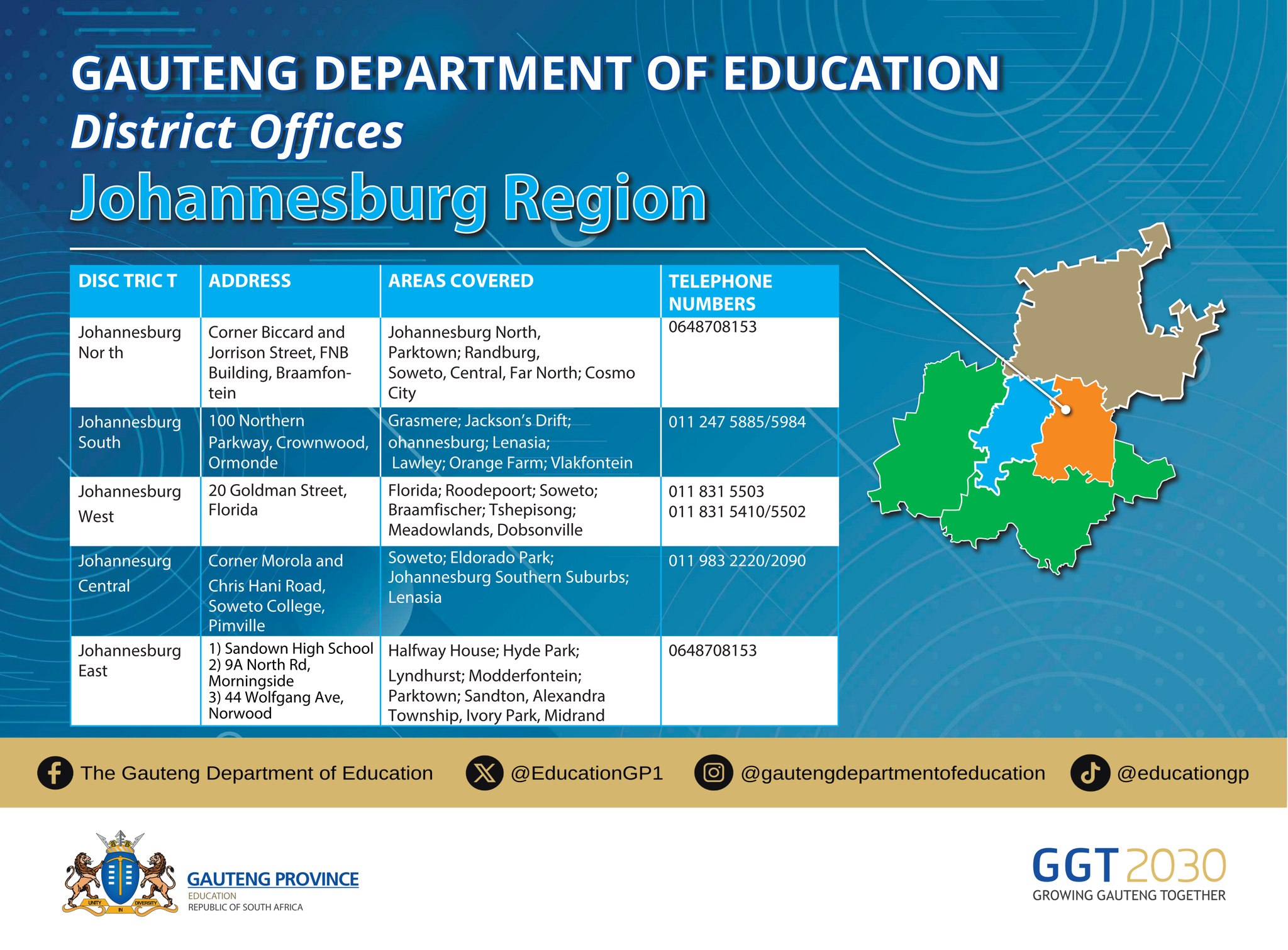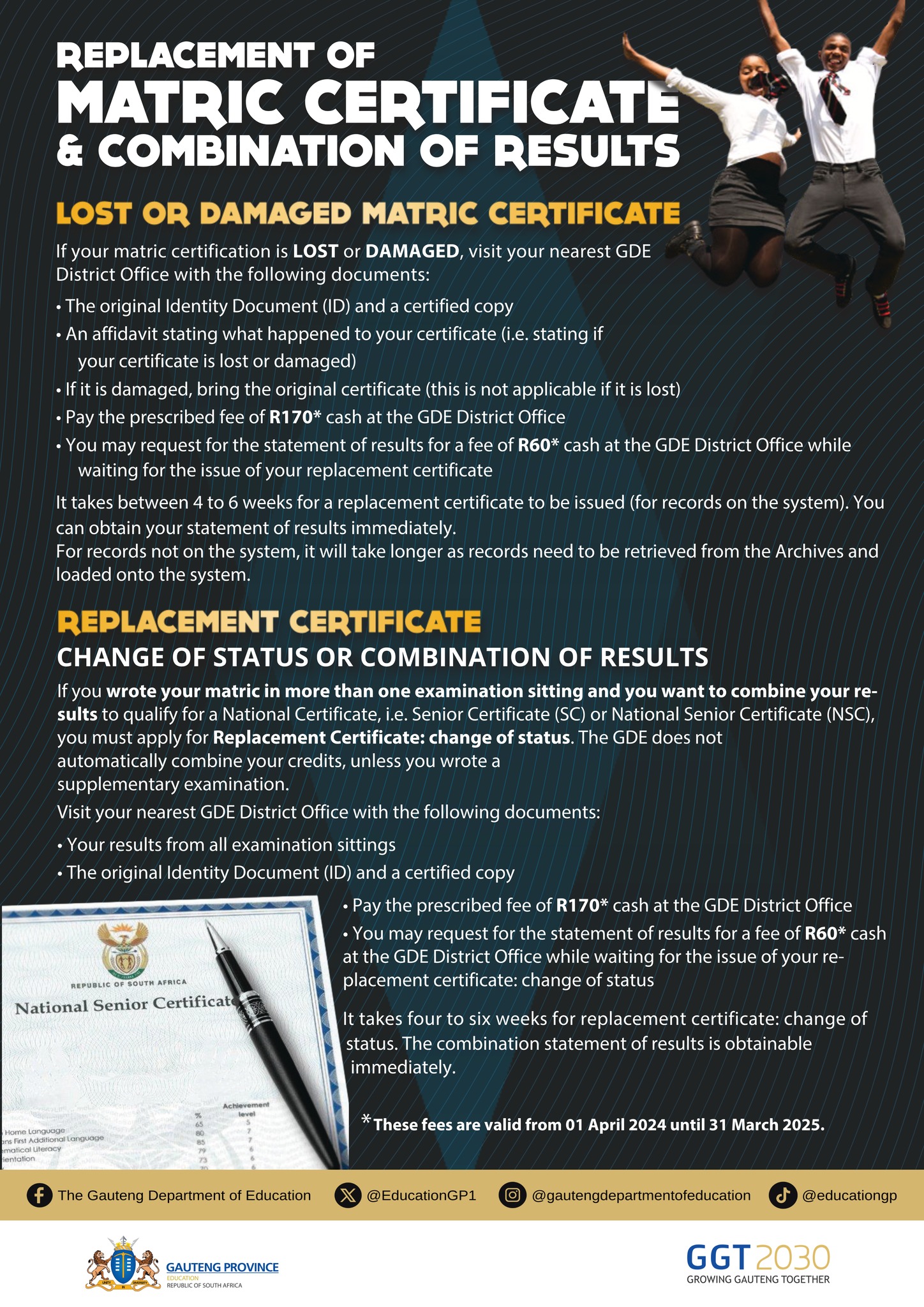By Prof. Busisiwe Mavuso
The failure of the government of national unity to resolve its differences over the budget is disappointing and negative for business sentiment. On the other hand, it shows that the parties of the GNU are able to stand their ground, showing that the GNU is not going to rubber stamp business as usual.
“It is now critical that the GNU demonstrate that doing so leads to an improved outcome, a budget that they are united behind that delivers for economic growth,” says BLSA CEO Busisiwe Mavuso. “The delay is a shock to the public as well as investors here and abroad. Restoring confidence is the first priority.”
“The fundamental requirements for the budget won’t change between now and 12 March,” says Mavuso. “Government must balance its books – it must ensure that it has the revenue to cover its expenditure. That takes hard choices that won’t go away. In making those choices, economic growth must be top of mind. To deliver that we need to show we are on top of our debt and focusing expenditure on growth-enhancing investment. Only growth can enable sustainable increases in government expenditure.”
Government has spent the last four years restoring confidence of all stakeholders that South Africa can escape a debt spiral that would have left us with few options but a bailout from our creditors. It is critical that hard work is not undermined in the process of finalising the budget now. We must prioritise delivering on our promises that debt:GDP will peak in the near term and then head downward. We cannot undermine the fragile trust that global investors have regained in us.
According to reports, the parties of the GNU were deadlocked at a cabinet meeting immediately before the announcement over the planned VAT increase from 15% to 17%. It is clear that budget process did not give adequate time for consultation between members of the GNU. While National Treasury is rightly concerned that market-sensitive information must be handled appropriately, it must take the GNU into its confidence, and cabinet members must protect the information they are privy too. The members of the GNU share a responsibility to ensure the efficient development of the budget.
Any budget requires difficult decisions, and these must be guided by evidence on what decisions best support government’s objectives. Government must balance its books, and do so under serious pressure created by the lack of economic growth and the legacy of misspending during the state capture era. It is critical that investors have confidence in government’s ability to manage its finances before they can put their capital at risk in backing long-term investments.
The parties of the GNU must strive to ensure that government’s books are balanced. While the delays reflect a standoff over increasing VAT, the reality is that government must find the revenue required to cover its costs. It cannot damage the progress government has made in regaining investor faith, seen in several ratings agency’s outlook upgrades. South Africa must continue its path toward regaining its investment grade credit rating, which would substantially improve our ability to attract investment. That means having a credible pathway that reduces our debt:GDP ratio over the medium term. There are only two ways to do that – reduce spending, or increase taxes. Spending can also be pro-growth if it is focused on investment rather than consumption, funding the construction site that President Cyril Ramaphosa envisaged in the state of the nation speech.
“There is no getting away from the disappointment we as business feel over this delay,” says Mavuso. “But I hope the GNU can urgently provide a clear way forward that business and investors can rely on. It must demonstrate maturity and acknowledge that trade-offs are inevitable but that there is a path that builds investor confidence and supports growth and that all parties in the government are 100% committed to it.”










